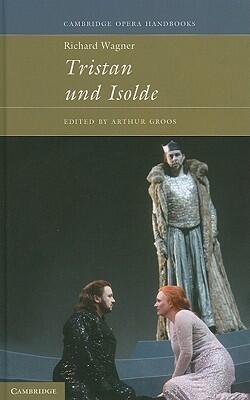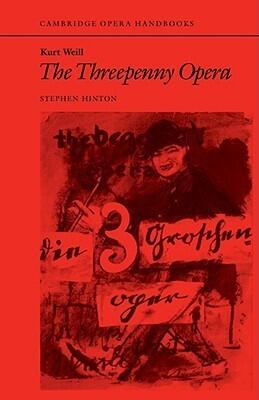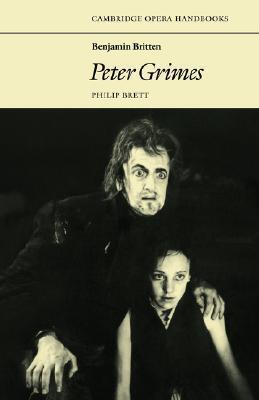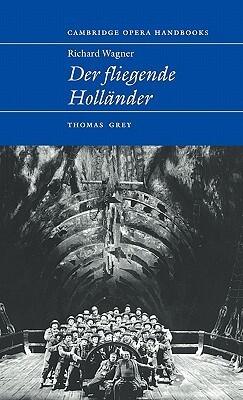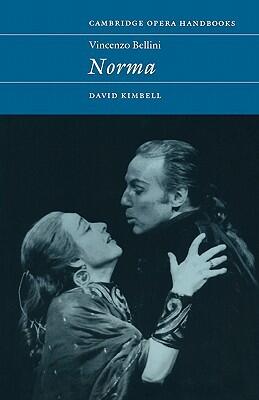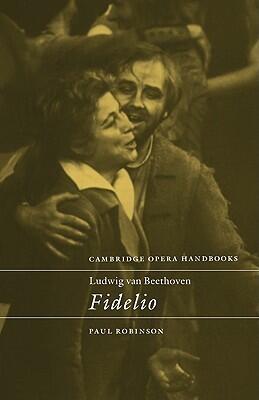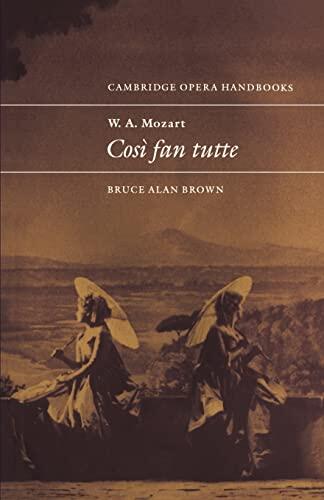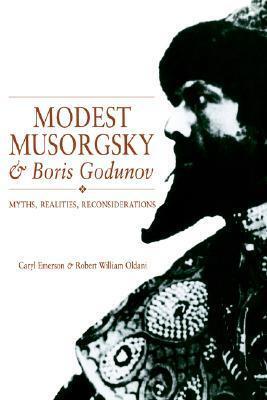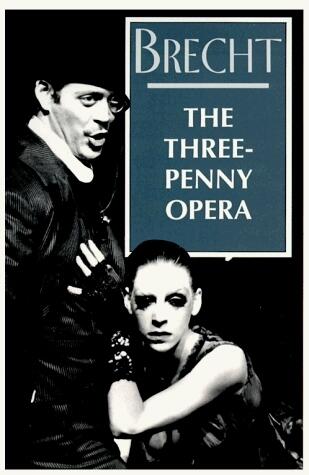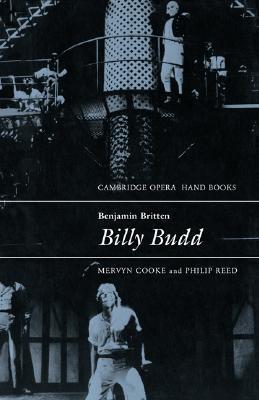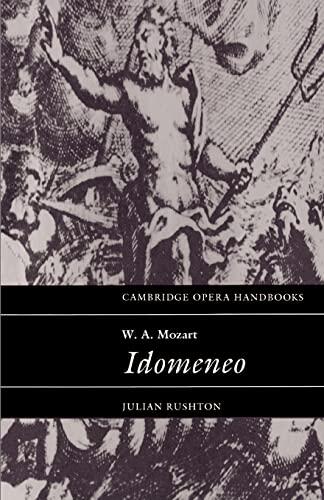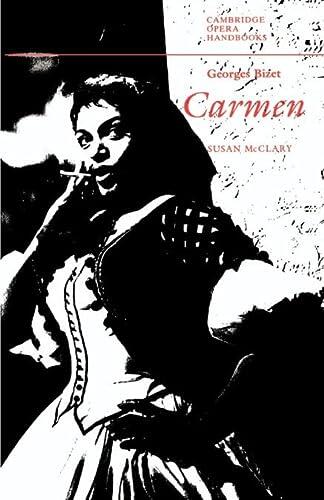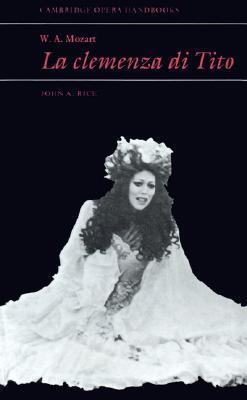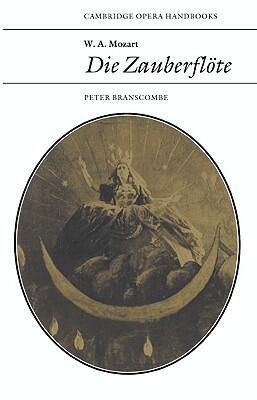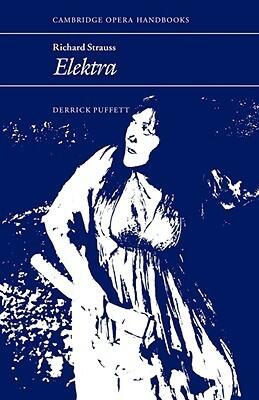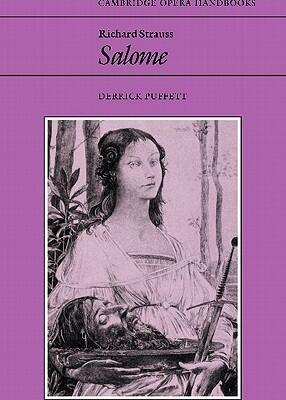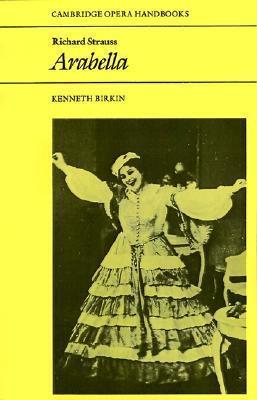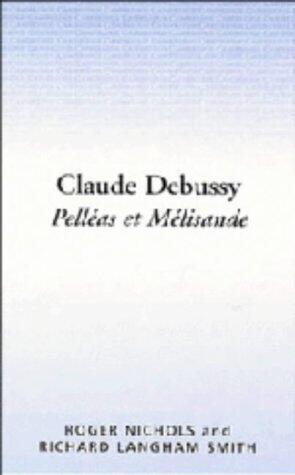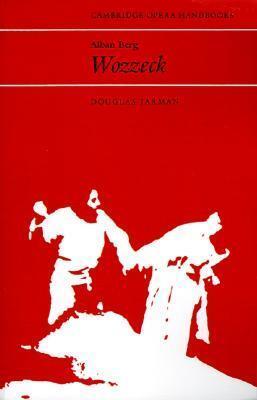
Alban Berg: Wozzeck
まだ評価がありません
History
形式
ペーパーバック
ページ数
181
言語
英語
公開されました
May 18, 1989
出版社
Cambridge University Press
ISBN-10
0521284813
ISBN-13
9780521284813
説明
Alban Berg's Wozzeck stands as a monumental achievement in the landscape of twentieth-century opera, weaving a haunting narrative that explores the depths of human despair and societal anguish. Through characters that resonate with profound emotional weight, the opera captures the bleakness and isolation experienced by its protagonist, Wozzeck, as he grapples with the cruelty of the world around him.
Douglas Jarman's insights shed light on Berg's innovative musical language, which marries atonality with a vivid expression of human suffering. The score's unique textures and dissonances create an atmosphere that mirrors the psychological turmoil faced by Wozzeck, making the opera a compelling study of the human condition. Jarman delves into the historical and cultural contexts that influenced Berg, offering readers a comprehensive understanding of the opera's significance.
As readers journey through this eloquent examination, they discover how Wozzeck's story transcends time, resonating with contemporary audiences. It challenges them to reflect on themes of alienation, power, and the fragility of sanity, reinforcing why this opera remains a critical touchstone in the canon of modern classical music.
Douglas Jarman's insights shed light on Berg's innovative musical language, which marries atonality with a vivid expression of human suffering. The score's unique textures and dissonances create an atmosphere that mirrors the psychological turmoil faced by Wozzeck, making the opera a compelling study of the human condition. Jarman delves into the historical and cultural contexts that influenced Berg, offering readers a comprehensive understanding of the opera's significance.
As readers journey through this eloquent examination, they discover how Wozzeck's story transcends time, resonating with contemporary audiences. It challenges them to reflect on themes of alienation, power, and the fragility of sanity, reinforcing why this opera remains a critical touchstone in the canon of modern classical music.
